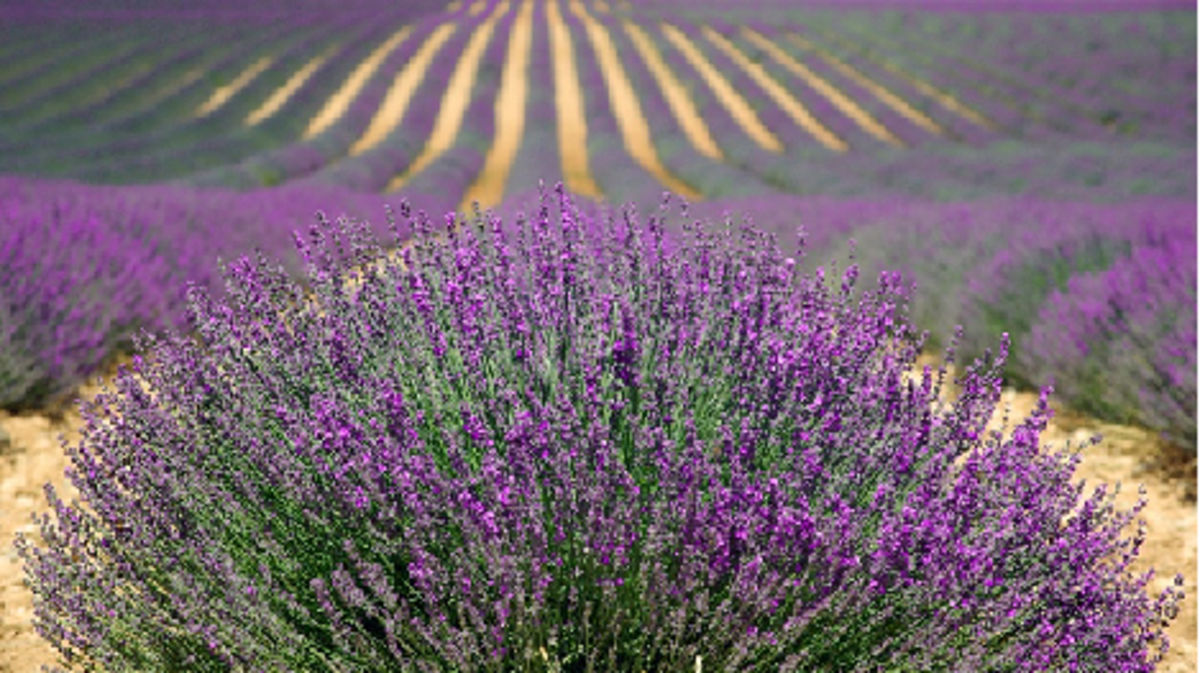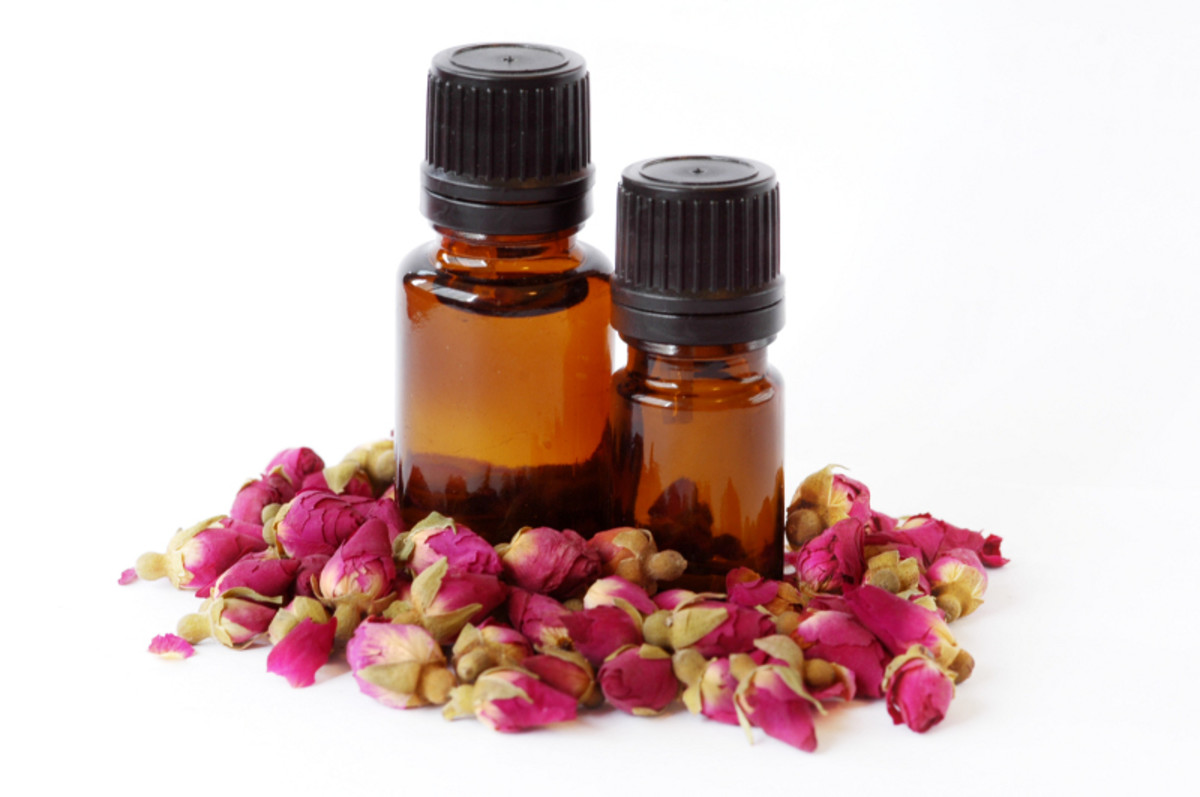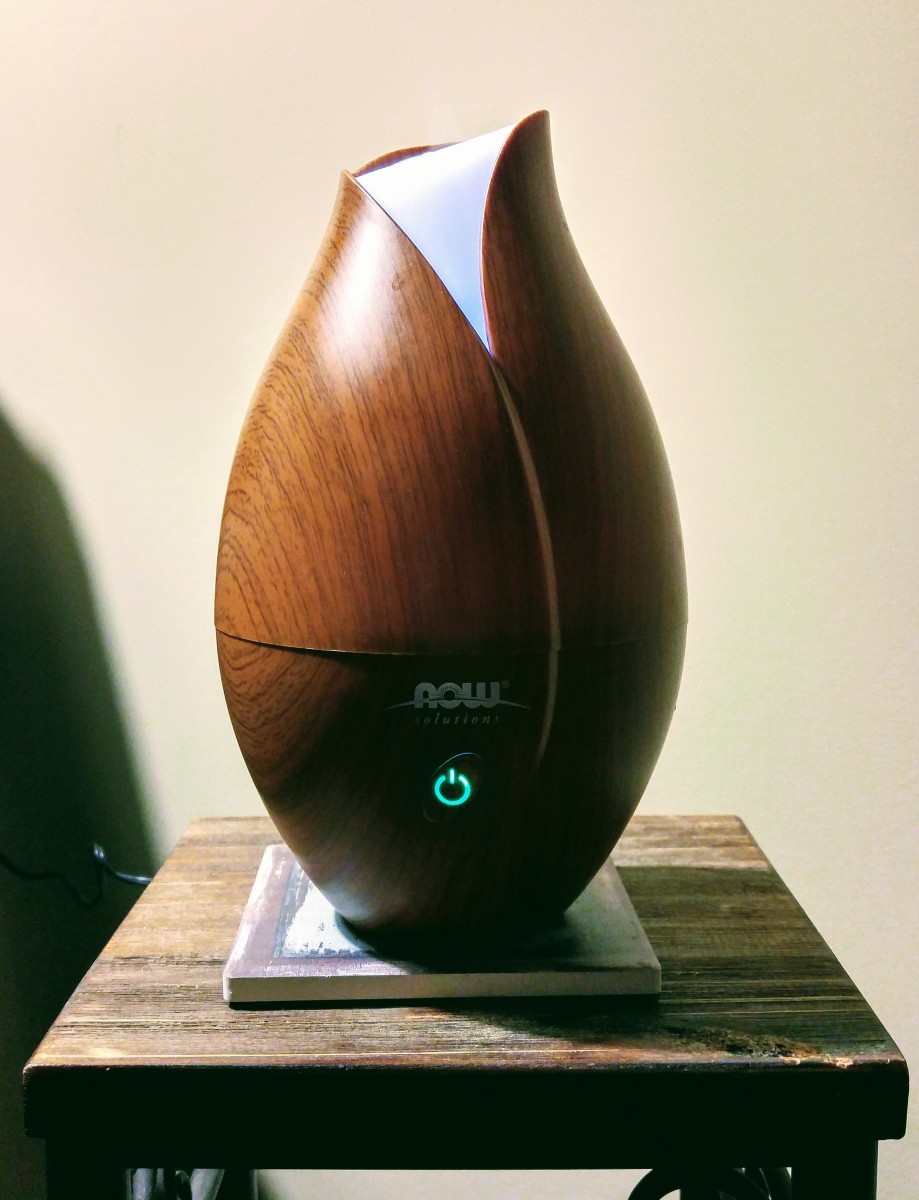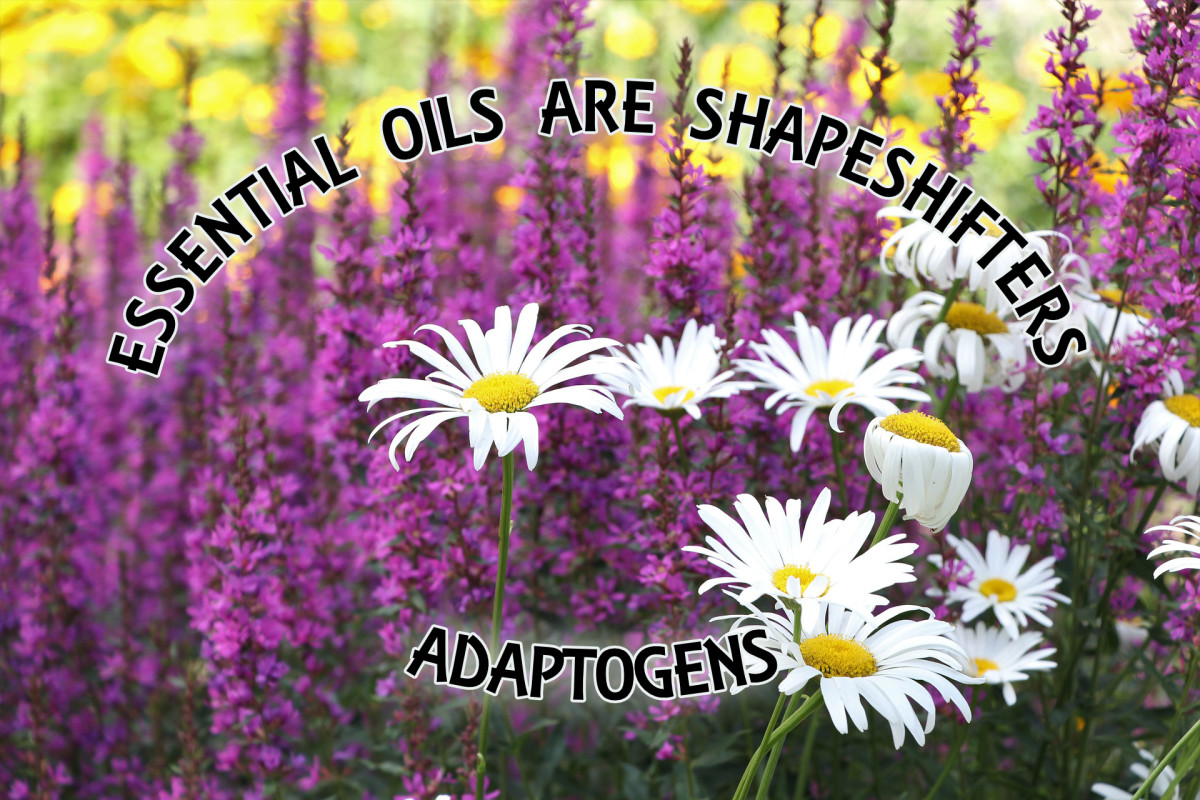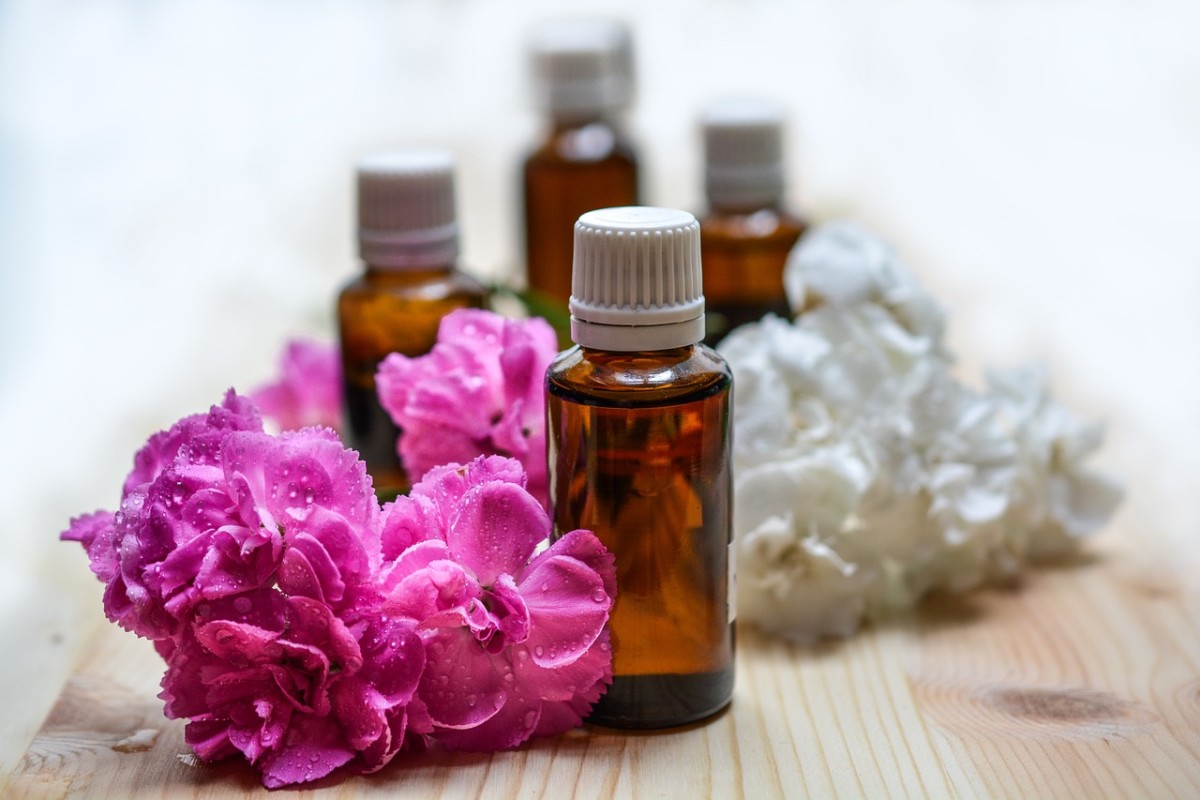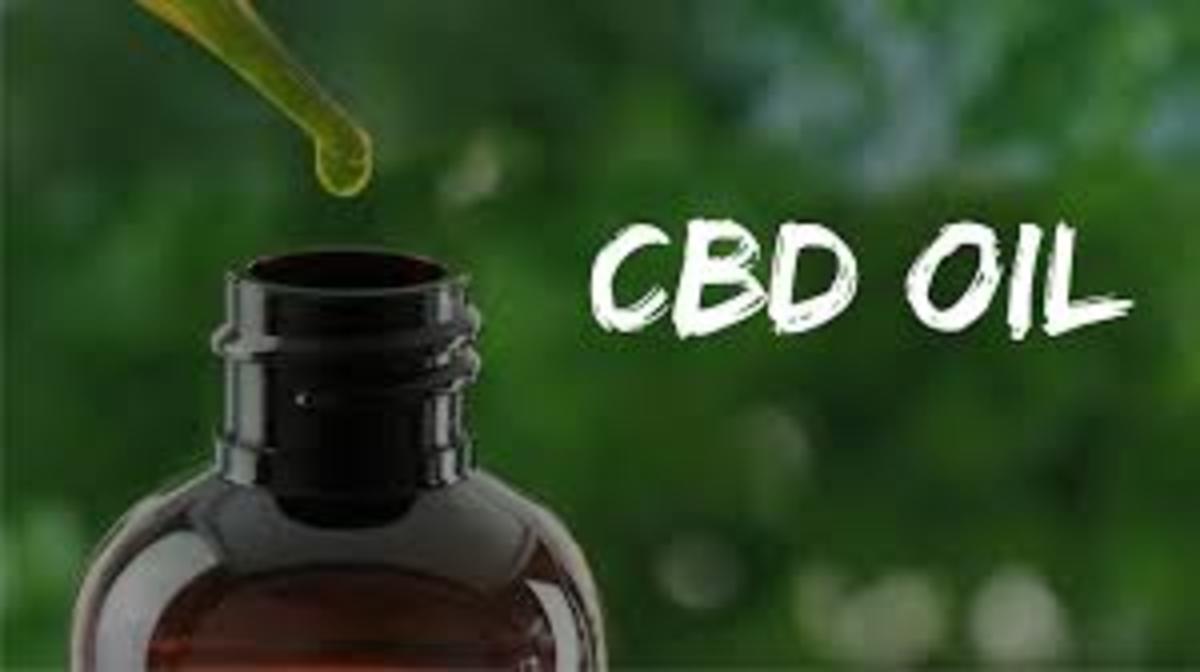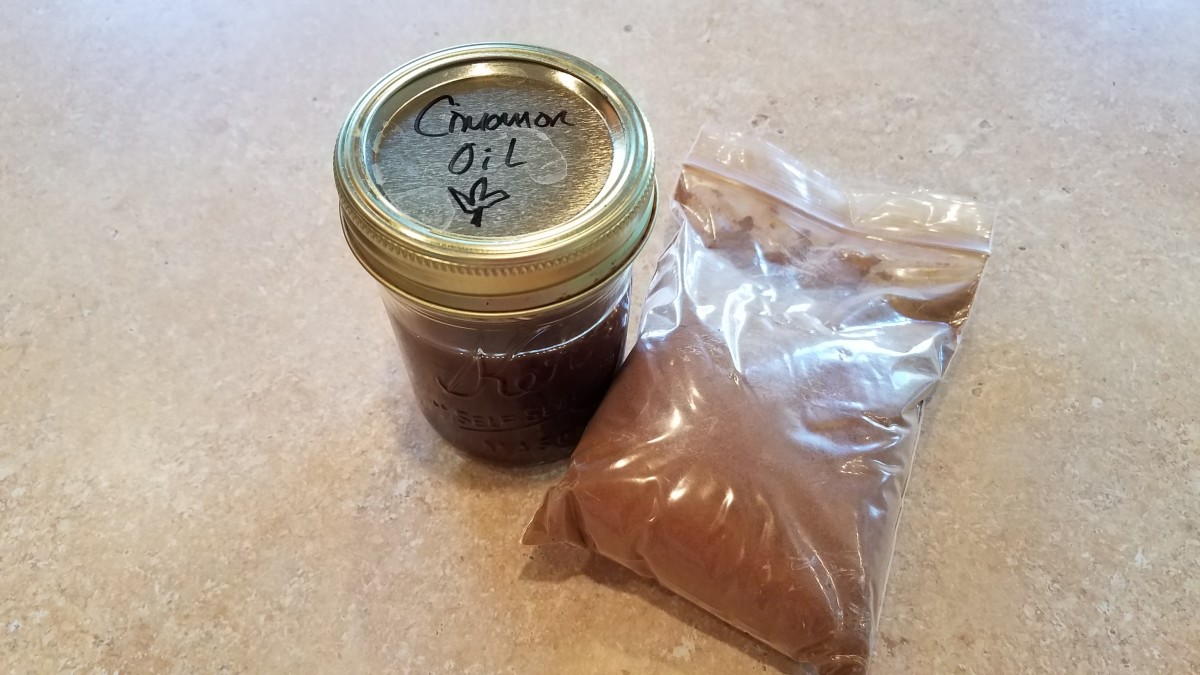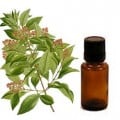- HubPages»
- Health»
- Alternative & Natural Medicine»
- Aromatherapy
Using Essential Oils for treating various health conditions
Use of aromas and perfumes as healing substances dates back to 4500 BC and thus is one of the oldest medicinal practices still being practiced today. In the olden days, aromas and perfumes were added in medicine, applied directly on wounds, used in aromatic baths and massages, and burnt in ritual and spiritual sacrifices. Egyptians used essential oils for mummification while Greeks applied them on hands due to their healing properties.
Gattefosse accidentally immersed his hand into lavender oil in a laboratory and accidentally discovered that pure lavender had healing effects on burn wounds on his hand. Since then, extensive research begun on lavender oil. The discovery inspired the use of mixed essential oils and gangrene by Jean Valnet to heal battle wounds of soldiers during the World War II.
Extensive research helped to discover that some types of essential oils could improve sleep and reduce disease symptoms. Some, as Marguerite Maury discovered, can improve mental awareness. Popularity of aromatherapy techniques also increased with their highlighting in the book The Art of Aromatherapy, by Valnet and Tisserand.
The techniques used for body and mind treatment in UK in 1960s contribute a lot to modern aromatherapy. In this case, a blend of essential oils are mixed and used in treatment.
How Aromatherapy works?
Today, essential oils are used to treat a range of conditions that affect mind and emotions. They work by the fact that our mental and emotional states can largely be influenced by way of adjusting the olfactory system by inducing particular aromas. Essential oils are first extracted from leaves, flowers, fruits and herbs. Pressurized steam is used to open intercellular pockets in plant matter in order to extract the oil. Distillation process takes place after extraction.
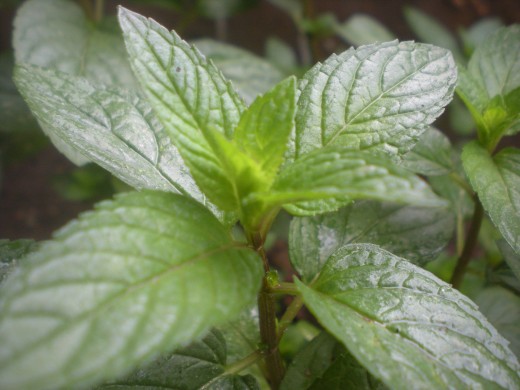
The healing properties of the essential oils are determined by the chemical compounds extracted from them. Different oils have different nature of chemical compounds, and this allows for their varied application. For instance, thyme and clove both contain phenols, chemical compounds known to have antibacterial effects.
Signals are induced from the olfactory system that links the limbic system to the brain through the nasal cavity that in turn control the memory and emotions. On receiving the signals, the limbic system releases chemicals that influence the emotions and memories. The body then responds by being calm, relaxed or invigorated.
Stimulating the hypothalamus and the pituitary gland through scents from essential oils can influence our physical and emotional wellbeing; through the release of two control hormones (that affect our moods and emotions). More particularly, the serotonin neurochemical that can be stimulated by lavender and sandalwood scents, affects moods in that it helps ease depression. It also helps induce sleep.
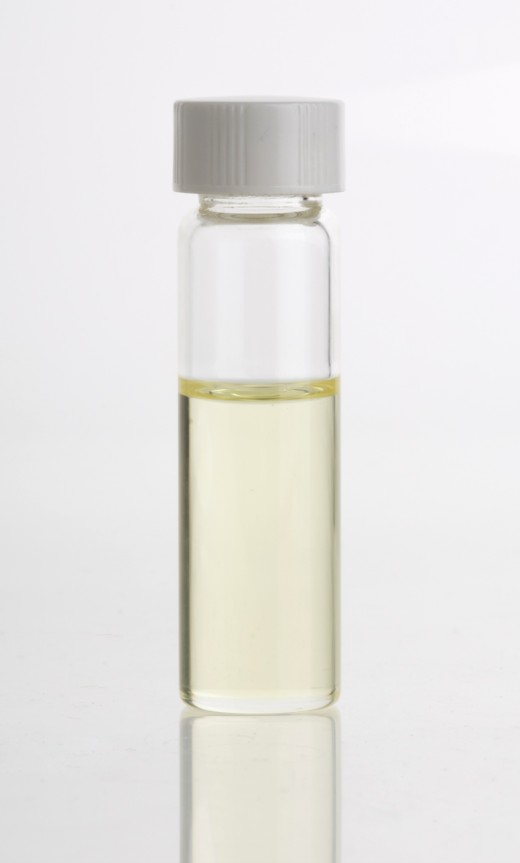
Using Essential Oils at Home
Essential oils can be used easily, quickly and conveniently at home as a healing and calming remedy. Particularly, they can be used for healing from physical fatigue, calming the nervous system and anxiety, mental fatigue, anger and grief etc. Their use reduces the dangers of contracting insomnia, backache and migraines.
Put a few drops in a handkerchief, heat to vaporize and then inhale the vapour. There are oil burners and aerial diffusers you can buy from outlets to help vaporize the essential oils. Direct inhalation puts essential oils directly into the blood system for quick action.
Essential oils can also be absorbed into the body through skins. They carry invigorating effects that are helpful when used in massages: they help to achieve relaxing and healing effects by stimulating the nerves, muscles, glands, blood system, and skin.
Commercial Products that contain Essential Oils
You can also buy skin creams that contain essential oils. Essential oils are usually included in some creams used as antifungal skin applicants, relief for wounds and aches, as well as treatment of skin diseases and complications such as sunburn and ache. Therefore, you can watch out for such creams when shopping remedies to treat these conditions. Even many cosmetics and beauty products contain essential oils and it is necessary to consider them in your schedule.
Visiting an Aromatherapist
If unsure of what conditions and time to use essential oils for treatment, it is recommended to visit an aromatherapist who will recommend a suitable option after an assessment. Particularly, they may ask questions about your allergic histories, diet and other personal problems, in addition to digging into your health and treatment histories. They will then recommend simple solutions from body massages to over-the-counter essential oils and creams you can buy, or simply recommend other types of medications.
© 2017 Naveed Ahmed

